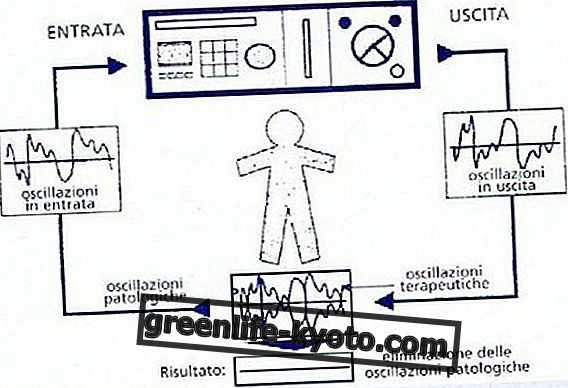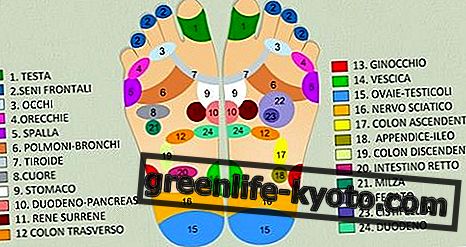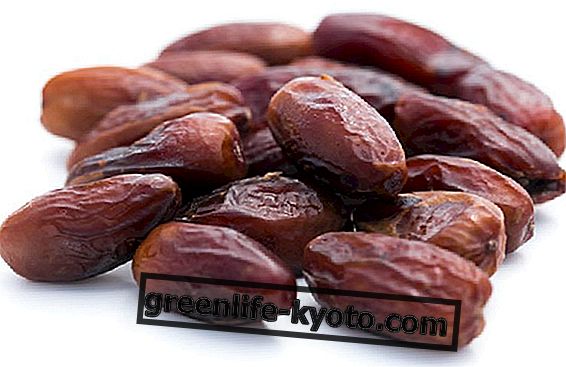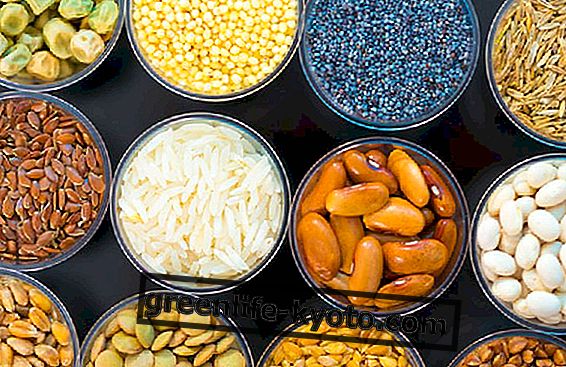Vitamin deficiency is called hypovitaminosis and is found when vitamins are present in insufficient or scarce amounts in the body, or even avitaminosis when one or more specific vitamins are completely absent. Let's find out about the symptoms, the causes and how to cure it through food.
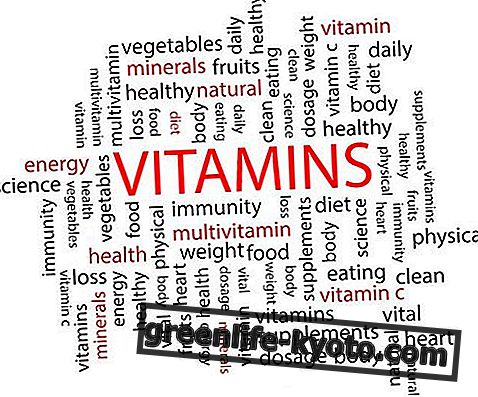
Symptoms of vitamin deficiency
Vitamin deficiency can cause various types of disorders and diseases. Vitamins are in fact important for the balance and health of man in every age group, as they strengthen the body and protect it.
With vitamins, therefore, care must be taken: they must be neither in excess nor in defect. In an overall picture, we can say that:
vitamin A is responsible for the protection of skin and hair,
vitamin B to the proper functioning of the metabolism,
vitamin C to maintain the body and protect it,
bone vitamin D,
vitamin E is an antioxidant,
vitamin K acts as a regulator of blood functions.
The symptoms of their lack go from the weakening of the external parts of the body, such as the aging skin, the sight that becomes increasingly blurred, the hair falling, the teeth and nails that break or flake, up to the loss of functionality of some important organs and systems of the body .
These may include damage to the cardiovascular system, basal metabolism, protein production and the balance of cholesterol and fat in the body. An important lack of vitamins therefore causes unbalance also to the nervous system, to the liver and causes a degeneration of the tissues . Cardiovascular diseases, arteriosclerosis, stroke and myocardial infarction may also develop.
Vitamins and their properties
The causes of vitamin deficiency
The causes of vitamin deficiency can be manifold. Depending on the type of vitamin called, there may be causes related to nutrition, but also pathologies or particular disorders associated with their absorption.
In many countries, as in Italy in recent times, more and more people have increased the consumption of pre-cooked, frozen and frozen, refined, processed, added foods, which contain high levels of calories, fat and protein, but are often poor in vitamins. This could be another cause of their shortage.
Vitamins also decrease due to their increased and sudden need, as happens for example in pregnancy, or from the presence of intestinal alterations that prevent their absorption, as in the case of some pathologies.
Alcoholism can also be a cause of vitamin deficiency. Usually, the administration of vitamin doses, through nutrition or temporarily through the controlled intake of specific supplements, is sufficient to eliminate the symptoms.
Vitamin deficiency and nutrition
A balanced and varied diet, which includes vegetables and fruit consumed daily, whole foods, cereals and vegetable oils ensures a correct intake of vitamins and nutrients. Even foods such as seeds and nuts, which do not appear so often on Italian tables, are to be considered excellent vitamin supplements.
The consumption of animal meat increases the vitamin presence; in vegetarian and vegan diets it is essential to know well the foods to be able to integrate, through the preparation of the products and their combination, the correct daily intake of vitamins, necessary to avoid deficiencies. Even for those suffering from celiac disease or presenting particular pathologies the observance of a specific diet is very important.
Olive oil, fresh green leafy vegetables, milk and derivatives, eggs are vitamin complements equally fundamental to the body.

